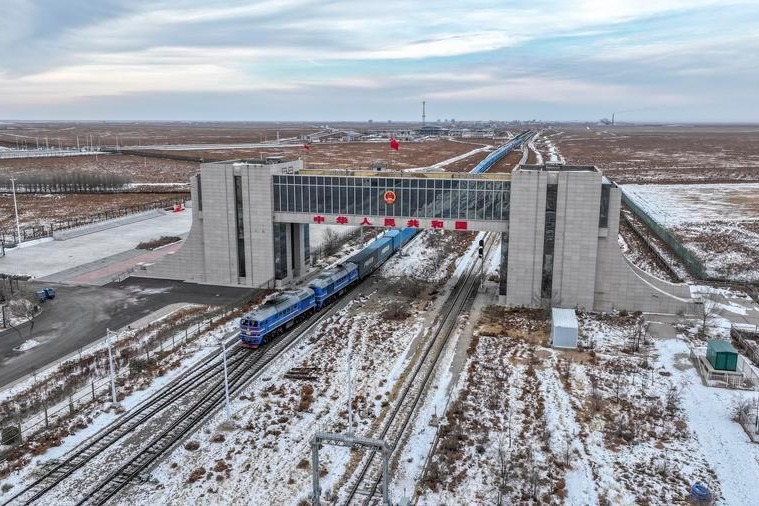Decline in North China groundwater reversed


China has managed to reverse the decline of groundwater in its north, a problem that dates back to the 1970s, according to the Ministry of Water Resources.
Compared to 2018, the level of shallow groundwater in the region has risen by an average of 2.25 meters, Wang Daoxi, vice-minister of water resources told a press conference on Tuesday.
The average increase in deep groundwater has been 6.72 meters, he added.
This has been made possible by a series of measures taken in the past five years to improve water conservation, curb groundwater exploitation and increase water supplementation, according to Wang.
About 55.8 million hectares of farmland in the region now make use of water-efficient irrigation systems and the development of industries which consume large amounts of water has been controlled.
The ministry has also endeavored to increase the proportion of surface water used in the region's water mix, as it strengthens efforts to reduce groundwater exploitation.
To date, 279,000 wells have been closed and compared to 2018, the amount of underground water used decreased by 4 billion cubic meters last year.
The ministry has made full use of existing water diversion projects to meet demand emerging from socio-economic development.
Since 2018, 33 billion cubic meters of water have been diverted to the region from the Yangtze and the Yellow rivers, Wang said, adding that 7.7 billion cubic meters were used to supplement rivers and lakes.
houliqiang@chinadaily.com.cn
- Mainland police seek information on 2 suspected Taiwan smugglers
- Fujian town produces over 1 billion slippers annually
- Thousands of wild white swans arrive in Shanxi for wintering
- Year-ender: China's scientific achievements in 2025
- Trademark Law being revised to protect IPs
- New high-speed rail links Inner Mongolia, Ningxia




































